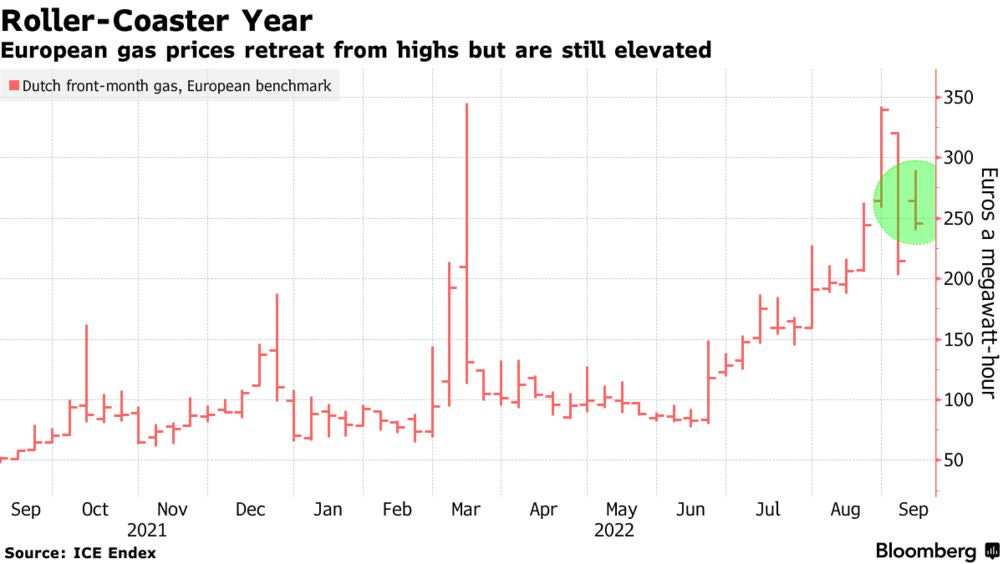How Middle Management Drives Company Performance And Employee Engagement

Table of Contents
The Crucial Role of Middle Management in Bridging the Gap
Middle management acts as a vital bridge between upper management and frontline employees. They are responsible for translating high-level strategic goals into actionable plans for individual teams, ensuring that everyone is working towards the same objectives. This crucial role requires a unique blend of leadership, communication, and operational skills. Without effective middle management, the gap between strategic vision and on-the-ground execution widens, leading to inefficiency and frustration.
-
Translates company strategy into actionable plans for teams: Middle managers break down complex strategies into manageable tasks and deadlines, providing clear direction and expectations for their teams. This ensures everyone understands their role in achieving overall company goals.
-
Provides regular feedback and guidance to employees: Consistent feedback is vital for employee growth and development. Middle managers offer both positive reinforcement and constructive criticism, helping employees improve their skills and performance.
-
Identifies and addresses employee concerns and roadblocks: They act as a buffer, listening to employee concerns and escalating important issues to upper management while simultaneously finding solutions within their teams.
-
Fosters collaboration and communication between different departments: Middle managers facilitate communication and collaboration, breaking down silos and fostering a more cohesive work environment.
-
Ensures consistent implementation of company policies and procedures: They are responsible for making sure company policies are followed consistently across teams, ensuring fairness and maintaining operational standards.
Improving Employee Engagement Through Effective Middle Management
Employee engagement is directly impacted by the actions and leadership style of middle managers. Disengaged employees are less productive and more likely to leave the company. Effective middle management plays a pivotal role in fostering a positive and engaging work environment.
-
Mentorship and Development: Investing in the development of employees is key. Middle managers should actively mentor and coach their team members, providing opportunities for professional growth and identifying talent within their teams. This includes regular feedback sessions, training opportunities, and career path discussions.
-
Recognition and Appreciation: Regularly acknowledging and appreciating employees' contributions—both big and small—creates a positive work environment and boosts morale. Simple gestures like a thank-you note or public acknowledgement can make a significant difference.
-
Open Communication: Creating a culture of open communication, where employees feel comfortable expressing their concerns and ideas, is essential. Middle managers should actively solicit feedback and be responsive to employee needs.
-
Work-Life Balance: Supporting a healthy work-life balance demonstrates that the company values its employees' well-being. This can involve flexible work arrangements, generous time off policies, and promoting a culture that discourages overwork.
-
Empowerment and Autonomy: Empowering employees by providing them with autonomy and ownership over their work increases engagement and motivation. Middle managers should delegate effectively and trust their team members to handle their responsibilities.
Driving Company Performance Through Middle Management Excellence
Efficient middle management directly contributes to increased productivity, improved efficiency, and better overall company results. Their role in driving performance extends far beyond simply managing day-to-day tasks.
-
Performance Management: Effective performance management systems, implemented and monitored by middle managers, are critical for tracking progress, identifying areas for improvement, and ensuring accountability. Regular performance reviews and goal setting are crucial components of this process.
-
Goal Setting and Achievement: Middle managers facilitate clear goal setting and regular progress tracking, ensuring alignment with company objectives. This requires breaking down larger goals into smaller, more manageable tasks.
-
Problem Solving and Innovation: Middle managers are often on the front lines, identifying and solving problems before they escalate. They also play a crucial role in fostering a culture of innovation within their teams.
-
Resource Allocation: Effective resource allocation, guided by middle management, is vital for optimizing productivity and efficiency. This involves making sure teams have the resources they need to succeed without wasteful spending.
-
Data-Driven Decision Making: Utilizing data and analytics to inform decisions improves efficiency and drives better outcomes. Middle managers should be trained to interpret data and use it to make strategic decisions.
Investing in Middle Management Training and Development
Investing in training and development programs for middle managers is crucial for enhancing their skills and capabilities. This investment pays off handsomely in increased productivity, improved employee morale, and better overall company performance.
-
Leadership Training: Programs focused on different leadership styles, effective communication, conflict resolution, and team building are essential for developing well-rounded middle managers.
-
Performance Management Training: Training on effective performance management techniques, including setting clear expectations, providing constructive feedback, and conducting performance reviews, is crucial.
-
Mentorship Programs: Pairing experienced middle managers with newer ones provides invaluable guidance and support, accelerating the development of future leaders.
-
Coaching and Feedback Sessions: Regular coaching and feedback sessions provide opportunities for middle managers to reflect on their performance and identify areas for improvement.
-
Technology and Skills Development: Training on new technologies and relevant skills, such as project management software and data analysis techniques, enhances efficiency and effectiveness.
Conclusion
In conclusion, effective middle management is not just a component of a successful business—it's the driving force behind increased company performance and significantly improved employee engagement. By investing in training, fostering open communication, and empowering middle managers to lead and mentor their teams effectively, companies can unlock substantial growth and create a highly engaged and productive workforce. Strengthen your middle management today and watch your company flourish! Learn more about strategies to optimize your middle management and boost both company performance and employee engagement.

Featured Posts
-
 Is A New Cold War Inevitable Analyzing The Deterioration Of U S China Relations
Apr 22, 2025
Is A New Cold War Inevitable Analyzing The Deterioration Of U S China Relations
Apr 22, 2025 -
 Conclave 2023 How Will It Shape Pope Franciss Legacy
Apr 22, 2025
Conclave 2023 How Will It Shape Pope Franciss Legacy
Apr 22, 2025 -
 Robotic Automation In Footwear The Nike Case Study
Apr 22, 2025
Robotic Automation In Footwear The Nike Case Study
Apr 22, 2025 -
 Chainalysis Expands With Ai Acquisition Of Alterya
Apr 22, 2025
Chainalysis Expands With Ai Acquisition Of Alterya
Apr 22, 2025 -
 Anchor Brewing Company Closing After 127 Years The End Of An Era
Apr 22, 2025
Anchor Brewing Company Closing After 127 Years The End Of An Era
Apr 22, 2025
Latest Posts
-
 Hvem Vinder Dansk Melodi Grand Prix 2025
May 12, 2025
Hvem Vinder Dansk Melodi Grand Prix 2025
May 12, 2025 -
 Tasman Road A Truckies Realistic Plea To Keep It Open
May 12, 2025
Tasman Road A Truckies Realistic Plea To Keep It Open
May 12, 2025 -
 Truckie Plea Be Realistic On Tasman Road Closure
May 12, 2025
Truckie Plea Be Realistic On Tasman Road Closure
May 12, 2025 -
 Selena Gomezs Accidental Reveal A Glimpse Into Benny Blancos Private Life
May 12, 2025
Selena Gomezs Accidental Reveal A Glimpse Into Benny Blancos Private Life
May 12, 2025 -
 Stem Pa Din Favorit I Dansk Melodi Grand Prix 2025
May 12, 2025
Stem Pa Din Favorit I Dansk Melodi Grand Prix 2025
May 12, 2025
